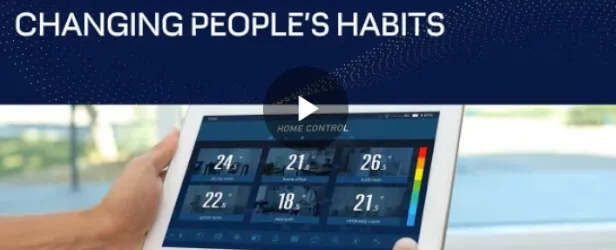FILIPPOS ANAGNOSTOPOULOS Predicting is difficult, but we can always imagine. So, nudging could have an important role to play in a number of our applications. One could be, for example, in the use of EVs and the integration with an energy system. So, nudges could help users set the right preferences for when EVs should charge or not, when to provide energy back to the grid, when things could be driven or not, and essentially helping people make decisions based on parameters of the energy system or the grid.
It could also be used in a number of other areas. NUDGE could be used to give us information, remind us of consequences, make us more sensitized to the things that are happening around us, but which we don't always have a view on. So, how does, for example, buying a specific product from far away might impact deforestation? We know of this information, but it's not yet popping up on our smartphone screen.
In general, we're finding a way to get targeted advertising from all sorts of things that don't necessarily make sense, but should these interventions come to us? We will have the freedom still to choose whether to buy a certain product or not, but we will be better informed. So, I find that this very targeted provision of information in the future will help us deal with things like the energy system, agricultural system or various decisions that we might need to make on the spot. And I believe that this is one of the gifts really of NUDGE, you could say.



